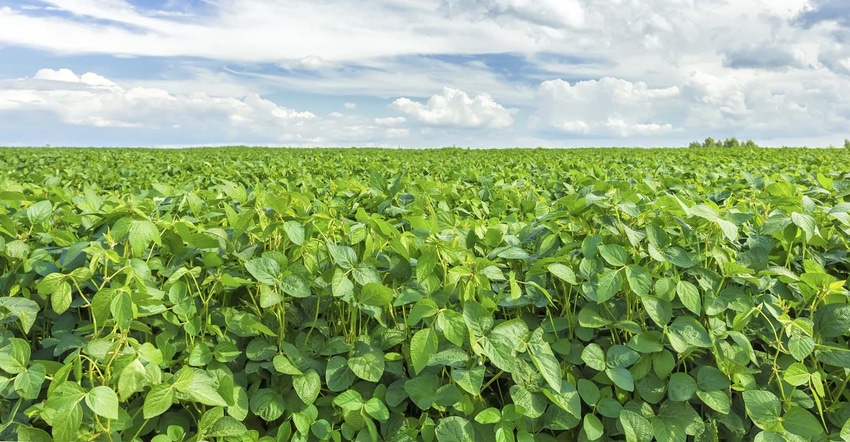
A new administration takes over in Brazil on January 1st, but most producers aren’t thinking about politics. Instead, they’re watching their yield potential drop with each day of continued dry weather.
And while nobody’s talking about a bust in 2018-19 production, there’s little doubt this season’s production won’t meet the government’s forecast for a 121.4 million tonne crop.
The affected area is broad and wide affecting a swath of states, including Minas Gerais. Producers there estimate a yield drop of 15% from the original forecast, and reports arer coming in from Paraguay of greater losses yet. December’s first rain in southern Mato Grosso do Sul state came on Christmas Eve, according to one producer. But the western part of Parana state—Brazil’s number-two bean producer—may be the hardest hit, though producers across the country are eyeing the sky and cutting their yield predictions as each day brings them closer to getting the combines out. The state corn and soybean producers association has estimated yields will be down 30% from estimates as a result of the lack of moisture.
Western Parana
So I contacted a producer out in western Parana. He farms near Toledo, just a few miles from the border with Paraguay.
“In December,” he said, “the weather changed fast, and, aside from dryness we also had high temperatures that really hurt the beans. Here in Toledo, rains were very spotty and so in some places we’ll have a 40% yield reduction, while in other places it will be 20%.”
Enough rain coming?
By the time of this writing, rain was in the forecast for southern Mato Grosso do Sul and, likely, into Paraguay and western Parana. The question for most farmers of the region, though, is whether any rain that comes this late in the game will make a real difference in outcomes.
As the Toledo producer said, “It’s started to rain. We’ll wait and see if there will be any recovery in the soybeans.”
The opinions of the author are not necessarily those of Farm Futures or Farm Progress.
About the Author(s)
You May Also Like






